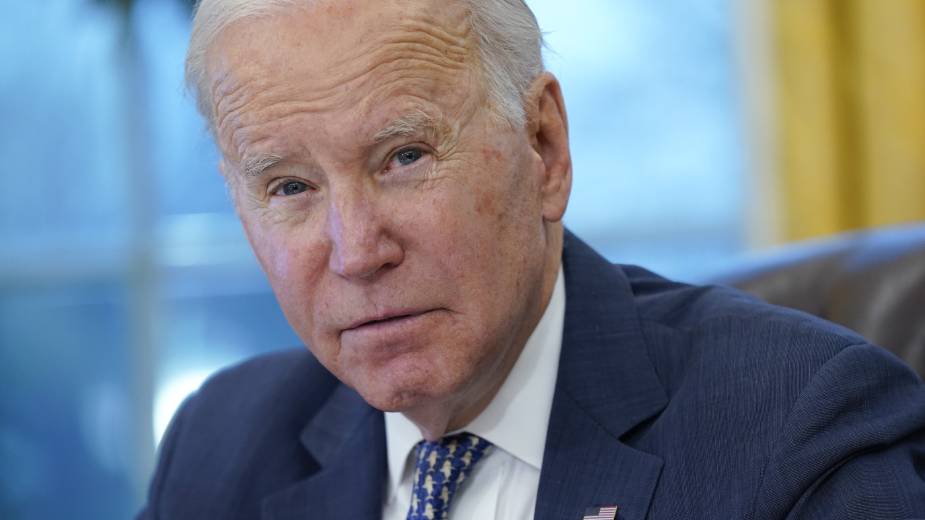Minority Business Owners Offered Contract Tips
WARREN, Ohio – After starting his office supply business in 2002, it took some time before Mark Herron began winning bids. He made phone call after phone call and was turned down plenty of times before finally breaking through with a Warren hospital.
“My first contract was one line item: 8½-by-11 white copy paper. It was a contract for $275,000, the biggest order we had done at the time. I could have given up after the first time they told me, ‘No,’ but I kept at it,” he said. “You can’t be afraid to hear them to tell you No.”
Today, Herron Office Products supplies several schools, state agencies and government departments.
Since he began running his business full-time in 2006, Herron has increased his business with the help of the Minority Business Assistance Center and the state’s goal that agencies, boards and commissions get at least 15% of their supplies and service from minority-owned businesses.
“They’re doing some things to ensure that we have the opportunity to do business with the state and that’s vitally important,” he said. “Many times as a small business, it’s hard to compete with the chains. … Without an identified goal to spend money with minority companies, more often than not I wouldn’t have a chance to get that business.”
Herron spoke Wednesday as part of the Strengthening Ohio Minority Business seminar, put on by the Ohio Development Services Agency and the Youngstown-Warren office of the Minority Business Assistance Center, to inform area minority business owners of the programs available to them.
Kenyatta Chandler, chief financial officer of the Development Services Agency, said that since the 15% goal was stated 35 years ago, it wasn’t fully met until last year. State agencies spent $228.5 million with business owned by minorities, an increase of nearly 40% from 2013. Also, he said, state agencies have contracts with a record number of minority-owned businesses this year, 325 so far.
“As of September of 2015, we’ve exceeded 19%. That’s a sustainable goal and we’ll continue to ensure that that is met,” Chandler said. “But it’s really an opportunity to grow businesses. We want to make sure the opportunity gap that’s existed for years is reduced.”
One top priority to getting government contracts is to become certified as a Minority Business Enterprise, said Cathryn Armstrong, a contract officer for the state Department of Administrative Services.
The five requirements to become certified are a business being at least 51% owned by a minority, the owner being an Ohio resident, having the business open at least a year, showing “knowledge of your business” based on an interview and maintaining the proper permits and licensing.
Once that process is complete, usually within 19 days, the department will send out contract notifications based on the field a business is in.
“We do goods and services only. But we certify for almost everything. What is there that the state doesn’t buy?” she asked. “The state buys everything. If you can name it, the state buys it. ‘Business services’ covers a lot and people don’t realize that.”
And, she pointed out, businesses aren’t limited to submitting bids on contracts exclusively in their region. A company in Youngstown, should it choose, can bid to fulfill an order in Toledo and a business Dayton can send workers to Warren.
For businesses looking to invest in capital assets, the Development Services Agency has four programs available, including loan and bond programs.
The Minority Business Direct Loan is financing up to $450,000 with an interest rate as low as 3%, said Allen McConnell, manager of the agency’s minority business development division. The department also offers guaranty and performance bonds of up to $1 million to minority business owners, he added.
After his presentation, Herron said that he’s worked on several expansions for his business through the partnerships involving the agency and the Mahoning Valley Economic Development Corp.
Two other avenues, the Collateral Enhancement Program and the Ohio Capital Access Program, allow businesses to work with banks on minority lending. The first offers cash collateral to lenders so the collateral required of the business owner is less, while the latter puts money into a reserve fund to cover any losses the lender might incur.
“In both cases, I’d say come to us first and we can help both you and your bank through the process,” McConnell said. “If you just walk in and say, ‘I want a loan and use the Collateral Enhancement Program,’ they might not know what that is.”
With state agencies having reached the 15% goal, the next step is to make the lending programs better known, said Cleveland Burton, director of the Youngstown-Warren Minority Business Assistance Center, as well as to help local businesses find state contracts.
“We want to be a key player for you,” Burton told the seminar. “When a business starts out, it needs capital and we want to be the ones helping businesses and giving them the capital they need. And we want to be able to teach you how to bid on contracts. You may not be successful the first time, but as you get into it more and more, you’ll get better at it.”
Copyright 2024 The Business Journal, Youngstown, Ohio.



